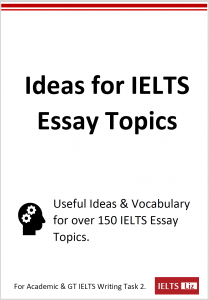Below are sentences written by students for an IELTS complaint letter for writing task 1 (General Training Paper). Can you re-write the sentences correctly? The more errors you have in your writing, the lower your score will be for grammar and vocabulary.
Complaint Letter Sentences: Find the Mistakes
- Last week I bought a TV from your store but from the first day it is not working properly.
- I called so many times to the customer services but they ignored the request.
- I request to the store manager to find the solution for TV, he told me that he will send the technician to fix the problem, but he didn’t.
- I am very disappointed from the services of your company.
- I need that someone from you fix the TV problem or replace the current TV to the new one within one or two days.
- Last week I bought a TV from your store but from the very first day it did not work properly.
- I called many times to customer services but I was either put on hold for over 30 minutes or they put the phone down on me. This is completely unacceptable.
- I requested that the store manager find a solution for the TV and he told me that he would send a technician to fix the problem. However, he failed to do this and I have been waiting for over one week now with no positive outcome.
- I am very disappointed with the services of your company. / I am exceedingly disappointed with the customer services that your company provides.
- I expect someone from your company to fix this problem or replace the current TV within one to two days. (Please note that using “I expect…” is when you want to show annoyance, otherwise just use “I would like …”)
Recommended





